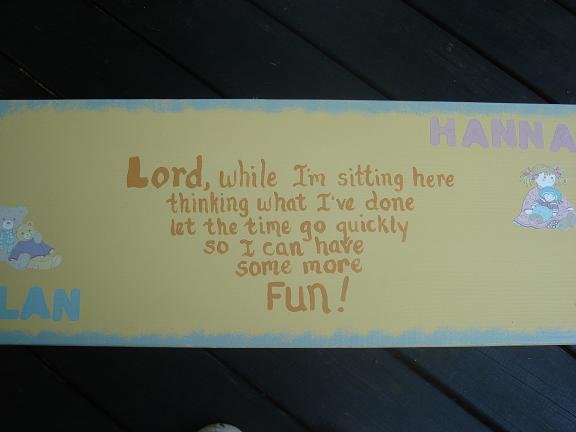


If any unusual delay occurs within five minutes before the end of the first or second period, the Referee may order the next regular intermission to be taken immediately. In the interval between periods, the ice surface shall be flooded, unless mutually agreed to by the competing clubs or unless the facilities are not available. Teams shall change ends after the completion of each regulation period and each overtime period (except as stated in Rule 10.16 (a)(1). The team scoring the greater number of goals during the three 20-minute periods shall be the winner and shall be credited with two points in the league standing. Three 20-minute periods of actual playing time, with a 10-minute intermission between each period, will be the time allowed for each game. → Rule 10.15 – Start of Game and Periods.→ Rule 10.12 – Puck Out of Sight and Illegal Puck.→ Rule 10.11 – Puck Out of Bounds or Unplayable.→ Rule 10.10 – Puck Must Be Kept in Motion.→ Rule 10.5 – Throwing or Shooting Stick or Object.→ Rule 10.4 – Leaving the Players’ or Penalty Bench.→ Rule 10.2 – Handling or Falling on the Puck.→ Message From The Hockey Canada Officiating Program.

→ Message From The Hockey Canada Board of Directors.

"We'll speak about it and move on," he said. Per the same report, Gobert later sent an apologetic text to teammates in a group chat, per Mike Conley. The disagreement started with Anderson telling Gobert to block some shots, Gobert telling him to grab a rebound – and ended with a punch and Gobert getting sent home. "I receive it in a positive way because it comes from a place of wanting me to be the best Rudy I can be and wanting us to win."Īccording to ESPN's Adrian Wojnarowski, Gobert escalated a verbal argument to a physical encounter after Kyle Anderson told him to "Shut the f- up, bitch." "Kyle wants to win, and sometimes he's a little aggressive in the way he talks, but I don't take it personally," Gobert said. Previous teammates have mentioned Anderson speaks bluntly to his teammates. The Star Tribune's Chris Hine asked Gobert about his thoughts on Anderson's leadership Saturday, the day before the altercation. The Pelicans jumped out to a 13-point lead in the opening half before settling on an eight-point advantage at halftime. The Timberwolves center didn't return to the game for the rest of the half and was sent home, per Shams Charania of The Athletic. Gobert was then escorted to the locker room while Anderson stayed in the game. Trailing 48-36 to the New Orleans Pelicans with 4:23 left in the first half, Rudy Gobert and Kyle Anderson were going at each other, both yelling and gesturing at each other.īut things escalated when Gobert stepped forward and tossed a punch at Anderson’s chest, leading to some chaos as the rest of the team tried to separate the two. As such, tensions were high in Minnesota, as evidenced by a second-quarter altercation on their bench.


 0 kommentar(er)
0 kommentar(er)
